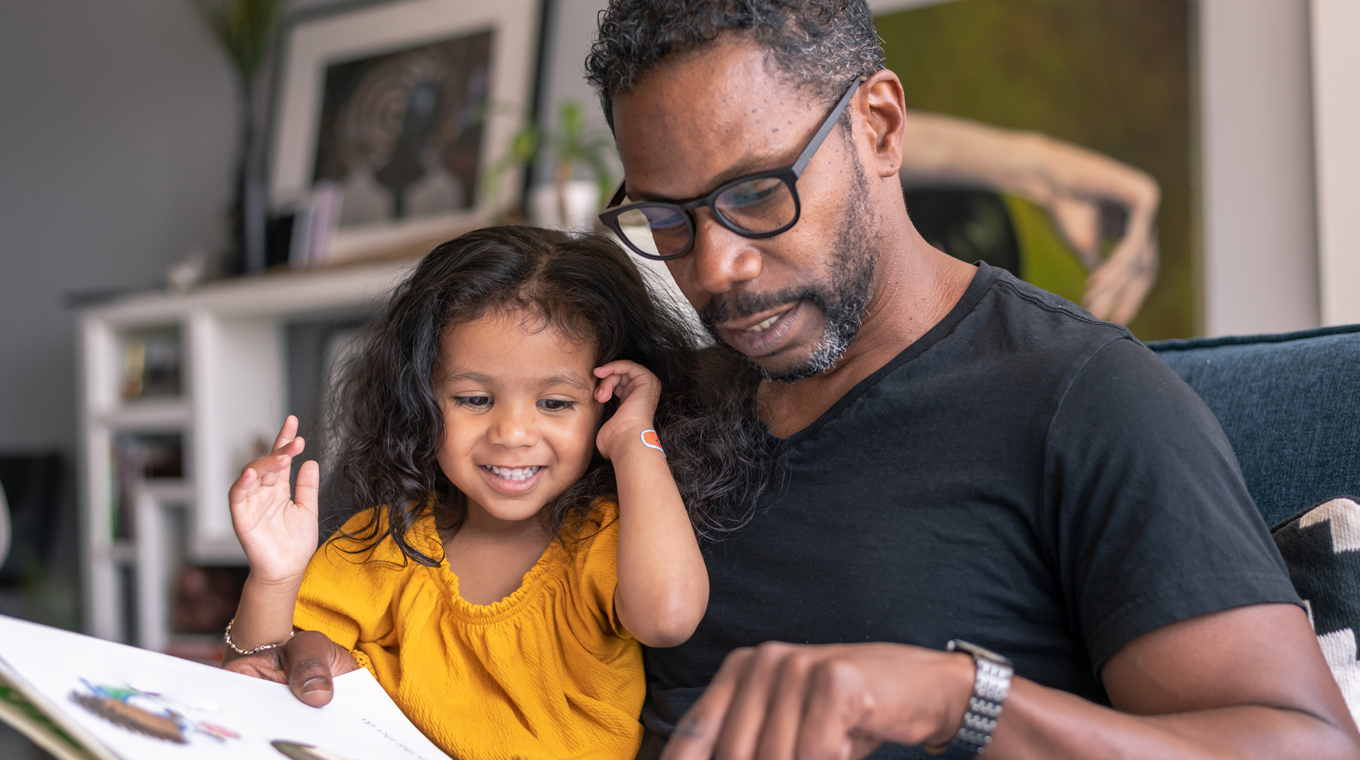
In this article
In recent years, the term gentle parenting has been touted in parenting books and across the internet, but what is gentle parenting exactly and how can it benefit your child?
With a wide range of parenting styles to consider, from helicopter parenting to a more free-range approach, figuring out which resonates most with your beliefs, lifestyle, and goals for your child can be challenging.
Did you find yourself empathizing with your best friend as she dealt with her strict, authoritarian parents? Perhaps that guy you had to break up in high school whose permissive parents allowed him to get into all the trouble, drove home the fact that you knew which type of parent you weren’t going to become. So if not those parenting styles, what about gentle parenting? Is this method right for your family?
What is gentle parenting?

Gentle parenting is about understanding your child’s behavior and development while simultaneously understanding your own behavior and how you were raised. It’s an empathetic parenting style that promotes partnership between parent and child that sets and upholds boundaries and fosters the parent-child connection.
Kristen MacNeil and Sara Kensinger are co-founders of The Gentle Parenting Institute (GPI) which helps parents and caregivers learn about development and effective, respectful discipline methods. Usually, these methods are contrary to those in which many of us were raised, like time-outs, spanking, yelling, and shaming.
“In a relationship between an adult and child, the responsibility for the quality of the relationship always lies with the adult,” MacNeil told Mom.com.
“For many of us, we began implementing gentle parenting practices in our homes because we wanted something different than what we had in our childhoods. Parenting this way has allowed us to be gentle with ourselves, re-parent ourselves, and change the course of history for future generations by breaking toxic parenting practices,” Kensinger added.
Out in the world, parents are often commended for well-behaved children. But this leads to the misconception that the goal of parenting is obedience. MacNeil disagrees. “Obedience is unhealthy and unsafe; we want children who can think and problem-solve for themselves,” she said.
The goal of gentle parenting is to raise children who aren’t afraid to ask questions or respectfully challenge the status quo. In order to do this, children need safe spaces at home to feel comfortable practicing these skills.
Why gentle parenting is on the rise

Gentle parenting has become a hot topic in recent years. Parents and child care professionals are starting to recognize the pitfalls of reward and behavior charts and as a result, are changing the ways in which they relate to children.
A UK study by Day Nurseries found that a whopping 96% of child care professionals are forbidden from using words with negative connotations — like “naughty” and “bad” — to describe children and their behavior.
So, what is gentle parenting but a way for adults to re-parent themselves as they vow to do better for their own children. It’s possible that this shift could be related to the growing number of candid adults speaking out on social media about their own traumatic childhoods. No longer just for posting trending dance routines, many moms have taken to TikTok to encourage other parents to move toward gentle parenting.
“This style of parenting is rooted in the truth that children are people too, deserving of respect and that all behavior is communication,” explains TikTok creator, Rachael Rogers (@rachlynnrogers). “It gives them the freedom to feel whatever they’re feeling without judgment, without correction or reprimand and it focuses heavily on the child’s developmental stage,” Rogers told News 24. “It also offers reasonable boundaries and consequences.”
Gentle parenting techniques to try with your child

Of the four main parenting styles — authoritative, permissive, authoritarian, and neglectful — psychologists consider authoritative, under which gentle parenting falls, to be the most ideal method of parenting.
Neither neglectful nor permissive parenting meets a child’s social, emotional, and behavioral needs. Authoritarian parenting doesn’t even take into consideration the fact that a child has needs to be met.
If you want to begin to incorporate gentle parenting techniques in your own home, the best way to start is by modeling the behaviors you want your children to emulate. Simply exhibiting appropriate ways to disagree, set boundaries, and show anger can go a lot further than punishing or yelling at a child.
“Sometimes when an adult says, ‘I can try this differently,’ it can break that power struggle down enough for the child to try too,” Melissa Stadler, who offers therapy services for adolescents and adults through GPI, told Mom.com.
When your child is upset, gentle parenting dictates that finding the root cause of the child’s behavior is key. Often recognizing a child’s unmet needs can mitigate a situation before it escalates to a full-blown temper tantrum or meltdown. Is your child hungry, thirsty, or just feeling left out? Try to find out what the outburst is really about.
Recognize that your child is still developing. Their maturity level isn’t on par with your own and they do not have the emotional maturity to work through problems or seemingly minor inconveniences. Their reactions are developmentally appropriate and it’s up to you as the parent to provide a safe and nurturing environment in which they can tune into their emotions without fear of punishment.
When your child does something you deem inappropriate, call out the action rather than labeling your child. For example, if they start bossing a sibling around, rather than telling them that they’re being mean, explain that their sibling probably feels hurt by what they’re doing or saying. You can then offer suggestions to correct the situation.
Gentle parenting is a parenting style based on empathy, respect, trust, growth, and safety and while it’s a trendy topic right now, the concept is one that experts have encouraged for years. The “intuitive parenting” movement of 20 years ago has simply made its way into pop culture — in this age of “when you know better, you do better,” gentle parenting is on the rise.




